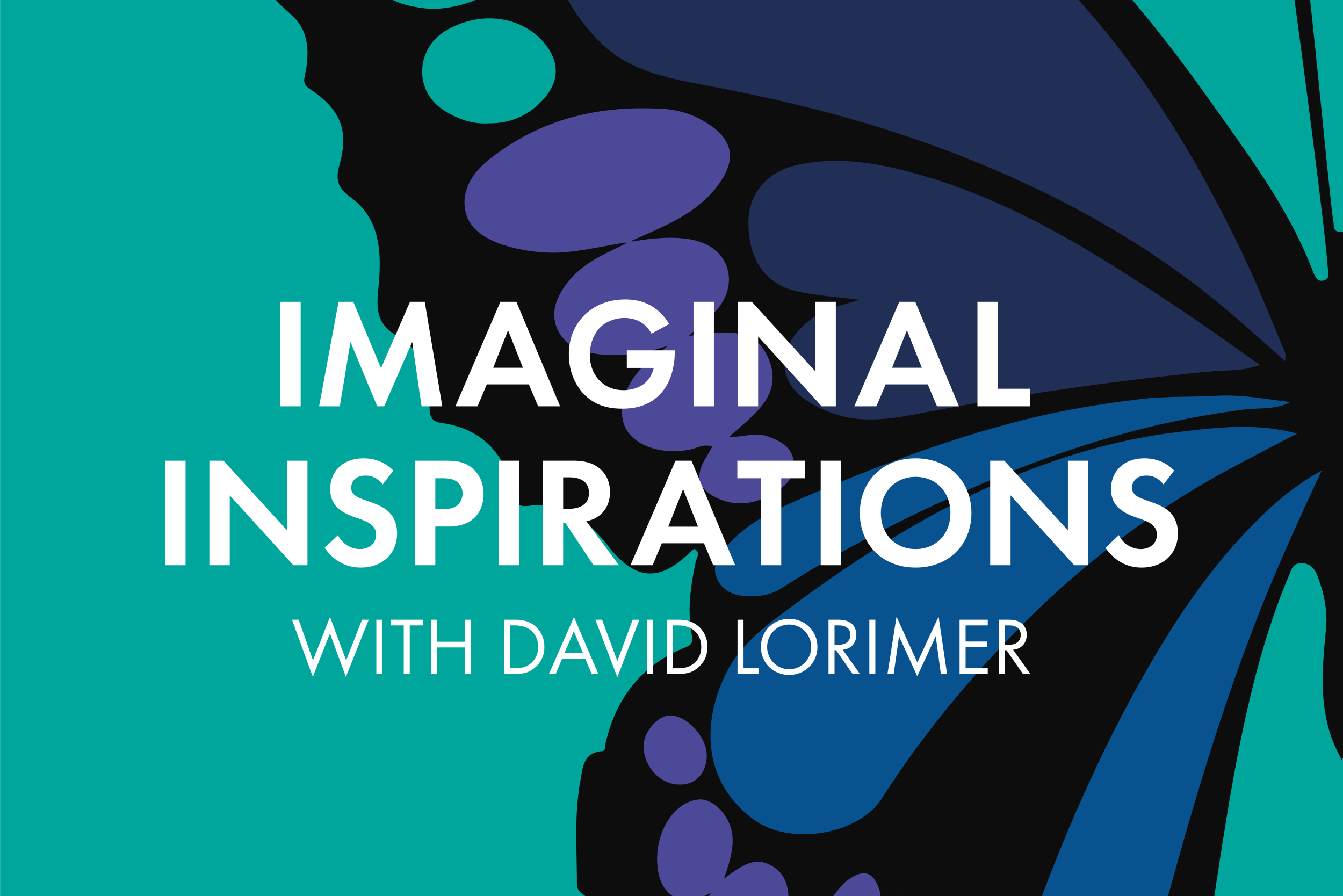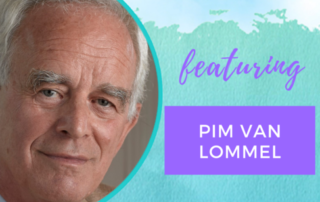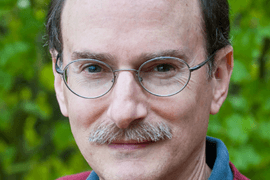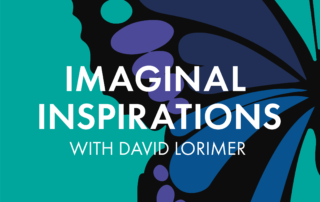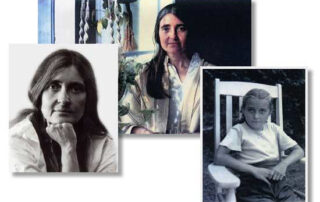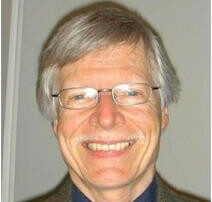
Expanding the Scope of Science
ORIGINS
David Lorimer introduces the Galileo Commission Report
REMIT
The Galileo Commission was founded in 2017 with a view to expanding the worldview of science beyond its limiting materialistic assumptions, which are seldom explicitly examined. A central and widely held assumption is that the brain generates consciousness and is therefore extinguished at death.
Following widespread consultation in 2018 with 90 advisers representing 30 universities worldwide, we have published the Galileo Commission Report, written by Prof Dr Harald Walach and entitled Beyond a Materialist Worldview – Towards an Expanded Science. The report has been widely endorsed as a groundbreaking document, so we encourage you to support our movement by joining the Galileo Commission either as a Professional Affiliate or a Friend. There is also a Summary Report and a Layman’s Report, and a brief summary of the argument is available in a number of languages. We encourage you to read and support Dr Athena Potari’s Call for a Renaissance of the Spirit in the Humanities and to read our edited book Spiritual Awakenings, which documents the transformative experiences of 57 scientists and academics.
A Call for a Renaissance of the Spirit in the Humanities
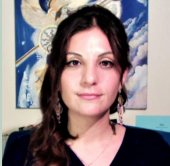 The “Call for a Renaissance of the Spirit in the Humanities”, written by Dr Athena D. Potari, is a pioneering project aiming to raise awareness regarding how the prevailing paradigm of materialism affects the ways in which knowledge is approached within the context of the Humanities. In line with the Galileo Report, which discusses the importance of liberating the positive sciences from the limitations of the paradigm of scientific materialism, this Call aims at making the case for the Humanities as well. The Call explores how recent developments in scientific studies on consciousness, and the ensuing understanding that consciousness is primary and unified, can inform our understanding of what it means to be “human” with correspondingly appropriate epistemologies, as well as how we approach key areas of human activity, including ethics, politics and the environment.
The “Call for a Renaissance of the Spirit in the Humanities”, written by Dr Athena D. Potari, is a pioneering project aiming to raise awareness regarding how the prevailing paradigm of materialism affects the ways in which knowledge is approached within the context of the Humanities. In line with the Galileo Report, which discusses the importance of liberating the positive sciences from the limitations of the paradigm of scientific materialism, this Call aims at making the case for the Humanities as well. The Call explores how recent developments in scientific studies on consciousness, and the ensuing understanding that consciousness is primary and unified, can inform our understanding of what it means to be “human” with correspondingly appropriate epistemologies, as well as how we approach key areas of human activity, including ethics, politics and the environment.What people say…
Featured book
Featured podcast
The Playful Universe – Marjorie Woollacott, David Lorimer and Gary Schwartz (Eds)
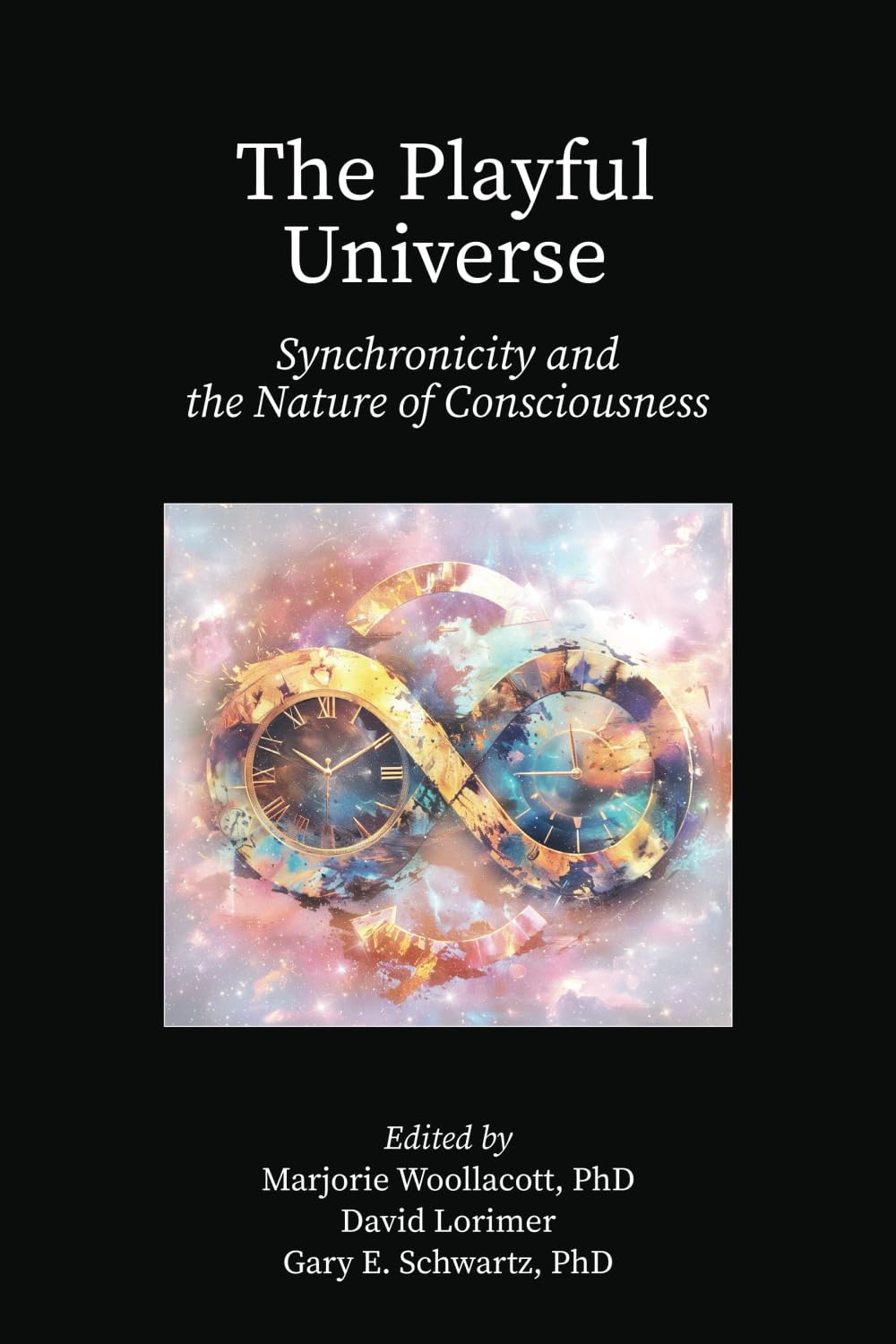
This volume consists of essays by scientists and academics describing their own experiences of synchronicity and how these experiences transformed both their worldview and the way they lived their lives. We truly believe that this is a fundamentally intelligent, benevolent, creative and playful universe in which we, as individual expressions of the one Universal Mind, co-create our reality.
Recent News
WHAT IS LIFE? #37 Tim Freke and George Ellis
Professor George Ellis and I discuss whether some things are ‘evil as a matter of fact, the reality of ’downward causation’ and why determinism is wrong, whether numbers exist in an eternal Platonic realm, and what give meaning to life.
Interviews with Innocence featuring Pim Van Lommel
Pim van Lommel, M.D., born in 1943, graduated in 1971 at the University of Utrecht, and finished his specialization in cardiology in 1976. He worked from 1977-2003 as a cardiologist in Hospital Rijnstate, a 800 beds Teaching Hospital in Arnhem, the Netherlands, and is now doing full-time research on the mind-brain relation. He published several articles on cardiology, but since he started his research on near-death experiences (NDE) in survivors of cardiac arrest in 1986 he is the author of over 20 articles (most of them in Dutch), one book and many chapters about NDE...
Psychic Abilities and the Illusion of Separation – Dean Radin
Dean Radin talks about the evidence of extended capacities of human consciousness (psychic abilities) with students and faculty at the California Institute for Integral Studies (CIIS).
Imaginal Inspirations with David Lorimer
David Lorimer is a writer, poet, lecturer, editor and host of Imaginal Inspirations. He is also the Programme Director of the Scientific and Medical Network and Chair of the Galileo Commission, an academic movement dedicated to expanding the evidence base of a science of consciousness. His new book A Quest for Wisdom: Inspiring Purpose on the Path of Life is a collection of essays covering philosophy, consciousness and ethics. It is published on 25th March 2020 by Aeon Books.
Consciousness, This New Principle – Part IV – Lorna Green
Featuring the work of one of our professional affiliates, Lorna Green, on the topic of consciousness. Here you will find part IV of her collected works.
The effects of Near Death Experiences on dreaming: A pilot study
The findings indicate that NDEs resulted in significantly a) more positive dreams, b) more vivid dreams, c) improved dream recall, d) an increased number of spiritual dreams, e) an increased interest in dreams, and f) an increased interest in the dreams of others; results that are consistent with the continuity hypothesis of dreaming. As the pilot study indicated that NDEs also have profound effects on the dream life of the individual, more in-depth studies are warranted.
